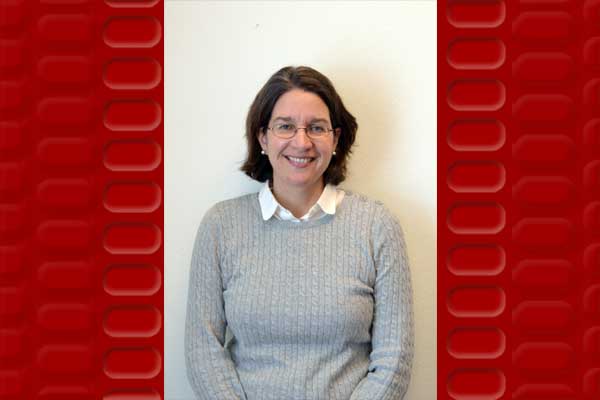Three Iowa State University researchers are working to reduce costs and maintain reliability as more renewable energy is added to the nation’s energy grid.
Sarah Ryan, professor of industrial and manufacturing systems engineering; Dionysios Aliprantis, assistant professor of electrical and computer engineering; and Leigh Tesfatsion, professor of economics, mathematics, and electrical and computer engineering, are developing a new approach for scheduling and pricing wholesale electric power. Their goal is to help electricity market managers meet energy demands in the face of new uncertainties arising from the growth of renewable resources such as wind and solar power.
Conventional generators have to be scheduled hours in advance because they need time to be brought on- or off-line and adjust their generation levels. As Ryan explains, today’s scheduling methods use single number forecasts for demand and renewable generation for each hour of the next day.
“This is like deciding whether to go on a picnic based on a weather forecast that only says, ‘yes it will rain’ or ‘no it will not rain,’” she says. “You can make a better decision, understanding the risks, if you know there’s a 60% chance of rain. We are building information about the uncertainty of demand and renewable generation into optimization methods that can use that information.”
The result will be better schedules that commit the right slow-start generators in advance and reduce reliance on more expensive fast-start generators to make up for forecast errors.
The Iowa State researchers are among the recipients of a new $3 million award from the U.S. Department of Energy (Iowa State is the lead institution, and will receive $1.7 million). Other participants include Sandia National Laboratories, University of California Davis, Alstom Inc., and the Independent System Operator of New England (ISO-NE). The intended users of the new formulation are seven U.S. wholesale electric power markets encompassing more than 60 percent of U.S. generation.
Ryan will lead the effort at Iowa State. A specialist in stochastic optimization, she will develop inputs and scheduling problem formulations to incorporate power grid uncertainties. Aliprantis and Tesfatsion will work with Ryan and other participants to develop and test the new stochastic formulation using an integrated retail and wholesale power system test bed they have constructed. Alstom will then conduct more intensive development and testing of the formulation, with the goal of applying it more broadly in the commercial market.
Ryan notes that current U.S. market management systems for electric power cannot effectively accommodate the multiple sources of uncertainty that arise from new resources on the nation’s power grid, including new wind and solar power plants. Better means for handling these uncertainties would make the entire power system more efficient and reliable, resulting in lower costs for electric power, and an increased ability to maintain the balance of supply and demand essential for the physical operation of the power grid.
It could also lead to broader economic benefits. “Once we create an integrated power grid that makes the best use of alternative energy sources, I think you’ll see jobs and industries grow as a result,” she says.
For more information, contact:
Sarah Ryan, Industrial and Manufacturing Systems Engineering, (515) 294-4347, smryan@iastate.edu
Dionysios Aliprantis, Electrical and Computer Engineering (515) 294-7387, dali@iastate.edu
Leigh Tesfatsion, Electrical and Computer Engineering, Economics, and Mathematics (515) 294-0138, tesfatsi@iastate.edu
Rob Schweers, Engineering College Relations, (515) 294-4881, rob@iastate.edu
Kristin Senty, Department of Economics, (515) 294-9849, ksenty@iastate.edu
